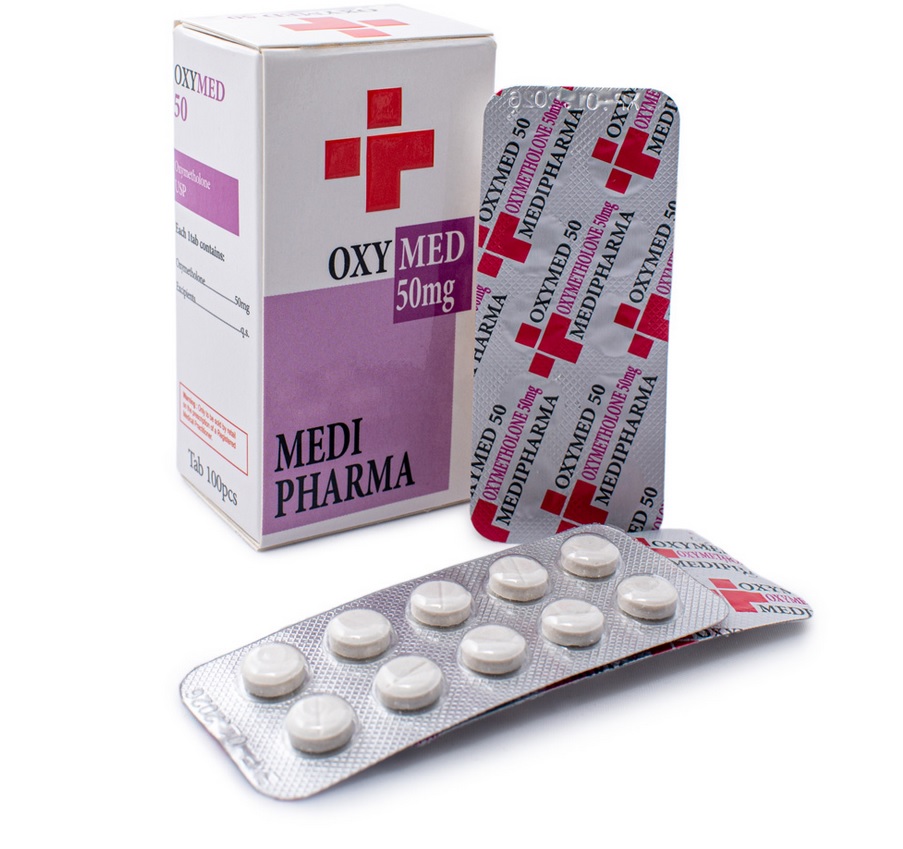Welcome to our fitness-focused blog! If you are considering using Anadrol as a supplement to help you achieve your fitness goals, it is important to be aware of the potential side effects. While Anadrol can provide significant benefits, it is crucial to understand its risks to make an informed decision. In this article, we will delve into the various side effects associated with Anadrol use and provide you with valuable insights on what you should know before using this supplement.
1. Water Retention
One of the common side effects of Anadrol is water retention. This occurs due to the steroid’s ability to increase the production of red blood cells, leading to higher blood volume. As a result, your body may retain water, causing bloating and increased blood pressure. It is important to monitor your water intake and consult with a healthcare professional to manage this issue effectively.
2. Liver Toxicity
Another crucial aspect to consider when using Anadrol is the potential harm it can cause to your liver. Anadrol is an oral steroid that undergoes metabolism in the liver. Prolonged use or high doses of Anadrol can lead to liver damage or dysfunction. It is essential to follow recommended dosages and to have regular liver function tests to assess the health of your liver while using this supplement.
3. Cardiovascular Effects
Anadrol can have a significant impact on cardiovascular health. It can increase bad cholesterol levels (LDL) and reduce good cholesterol levels (HDL), which can elevate the risk of heart disease. Additionally, Anadrol may also cause hypertension, putting additional strain on your cardiovascular system. Regular cardiovascular check-ups and a healthy lifestyle are crucial when using this supplement.
4. Hormonal Imbalances
Anadrol has the potential to disrupt the body’s hormonal balance. It can suppress natural testosterone production, leading to low testosterone levels. This can result in negative effects such as decreased libido, erectile dysfunction, and mood swings. Post-cycle therapy (PCT) is crucial after Anadrol use to restore hormonal levels to their normal state.
5. Gastrointestinal Issues
Anadrol may cause various gastrointestinal problems, such as nausea, vomiting, and diarrhea. These side effects are commonly experienced during the initial period of usage and tend to subside after the body gets accustomed to the compound. However, it is important to closely monitor these symptoms and consult with a healthcare professional if they persist or worsen.
6. Hair Loss
Anadrol has the potential to accelerate hair loss in individuals who are genetically predisposed to male pattern baldness. This occurs due to the conversion of testosterone into dihydrotestosterone (DHT), which can cause hair follicles to shrink and eventually cease to produce hair. If you are already experiencing hair loss, it is advisable to reconsider using Anadrol.
7. Virilization in Women
For women, the use of Anadrol can lead to virilization, which is the development of male characteristics. These include the growth of facial and body hair, a deepened voice, and changes in menstrual cycles. Women should be cautious when using Anadrol and consider alternative fitness supplements to avoid these potential irreversible side effects.
Conclusion
Anadrol can be a powerful tool for bodybuilders and athletes looking to enhance their performance and achieve their fitness goals. However, it is important to be aware of the potential side effects associated with this supplement. Water retention, liver toxicity, cardiovascular effects, hormonal imbalances, gastrointestinal issues, hair loss, and virilization in women are among the possible side effects of Anadrol. It is imperative to consult with a healthcare professional before considering the use of Anadrol and carefully assess the potential risks versus the benefits it may offer. Remember, your health always comes first, and making an informed decision is crucial to maintaining your overall well-being.
Disclaimer: This article is for informational purposes only and should not be considered as medical advice. Always consult a healthcare professional before starting any new supplement or medication.




